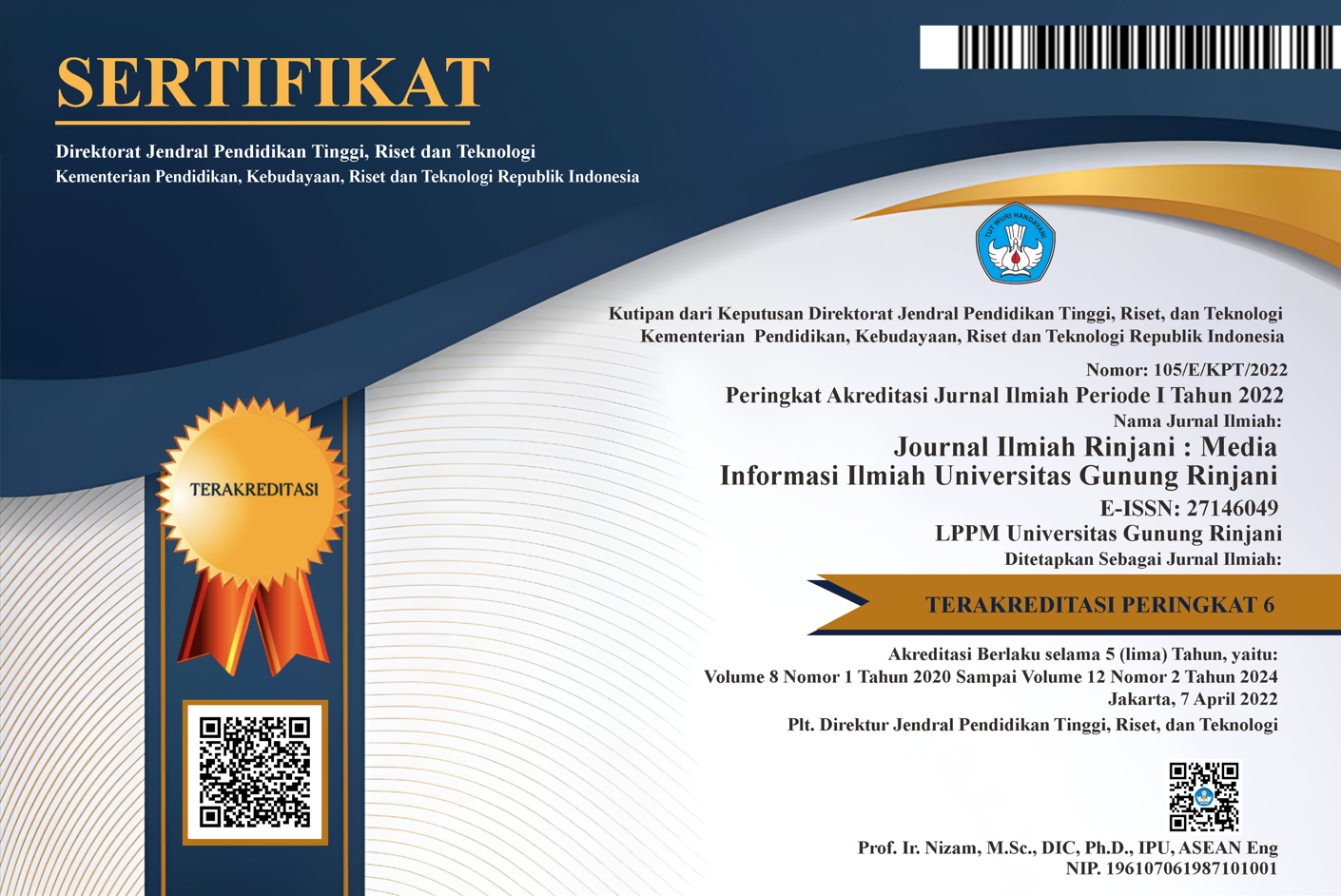Efektivitas Modul Speaking Affective Filter Untuk Menurunkan Kecemasan Pada Murid Usia 9-12 Tahun Di E-Now Kids Learning Center
Keywords:
Effectiveness, Speaking Affective Filter Module, AnxietyAbstract
The languages used by humans are very diverse, so humans need a means or "bridge" to unite their ideas or opinions, such as English. English is the most widely studied foreign language in Indonesia. This study aims to determine the effectiveness of the Speaking Affective Filter module in reducing anxiety in students aged 9-12 years at the e-now kids learning center.
This research uses a qualitative descriptive method with a literature research approach, combined with an experimental method to investigate the effect of specific treatments. The research was conducted over five meetings in May-June 2024. The research population consists of students participating in the Kids Speaking Program at E Now Kids Learning Center. Therefore, the population includes all elements of the objects/subjects being studied, while the sample in this study is 30 students selected through purposive sampling. The data analysis technique used in this research is descriptive analysis.
Based on the results and discussions explained regarding the effectiveness of the speaking affective filter module in reducing anxiety among students at the e-now kids learning center, it can be concluded that the speaking affective filter module is effective in reducing English language anxiety in students aged 9-12 years at E-Now Kids Learning Center.
Downloads
References
Anandari, C. L. (2015). Indonesian Efl Students’ Anxiety in Speech Production: Possible Causes and Remedy. TEFLIN Journal - A Publication on the Teaching and Learning of English, 26(1), 1. https://doi.org/10.15639/teflinjournal.v26i1/1-16
Anwar, Ilham. (2010). Pengembangan Bahan Ajar.Bahan Kuliah Online. Direktori UPI. Bandung
Aydin, S., Harputlu, L., Çelik, Ş. S., Uştuk, Ö., & Güzel, S. (2017). Age, Gender and Grade Effect on Foreign Language Anxiety Among Children. TEFLIN Journal - A Publication on the Teaching and Learning of English, 28(2), 133.
https://doi.org/10.15639/teflinjournal.v28i2/133-154
Botes, E., Dewaele, J.-M., & Greiff, S. (2020). The Foreign Language Classroom Anxiety Scale and Academic Achievement: An Overview of the Prevailing Literature and a Meta-analysis. Journal for the Psychology of Language Learning, 2(1), 26–56.
https://doi.org/10.52598/jpll/2/1/3
Brown, H. (1997). English Language Teaching in the “post - Method” era: Toward Better Diagnosis, Treatment, and Assessment. Pasaa, 27(1), 1–11. https://doi.org/10.58837/chula.pasaa.27.1.1
Lemana II, H., Casamorin, D., Aguilar, A., Paladin, L., Laureano, J., & Frediles, J. (2023). Affective Filters’ Extent of Influence on Oral Communication: L2 Learners’ Perceptions. International Journal of Educational Management and Development Studies, 4(1), 88–108. https://doi.org/10.53378/352969
Nilsson, M. (2019). Foreign language anxiety. Apples - Journal of Applied Language Studies, 13(2), 1–21. https://doi.org/10.17011/apples/urn.201902191584
Tanveer, M. (2007). Integrating E-learning in Classroom-based Language Teaching: Perceptions, Challenges and Strategies.
Wang, L. (2020). Application of Affective Filter Hypothesis in Junior English Vocabulary Teaching. Journal of Language Teaching and Research, 11(6), 983–987.
https://doi.org/10.17507/jltr.1106.16
Winkel. (2009). Psikologi Pengajaran. Yogyakarta: Media Abadi.
Yulia, Y. (2013). Teaching Challenges in Indonesia: Motivating Students and Teachers’ Classroom Language. Indonesian Journal of Applied Linguistics, 3(1), 1–16. https://doi.org/10.17509/ijal.v3i1.186
Zohrabi, M. (2011). Coursebook Development and Evaluation for English for General Purposes Course. English Language Teaching, 4(2), 213. https://doi.org/10.5539/elt.v4n2p213















